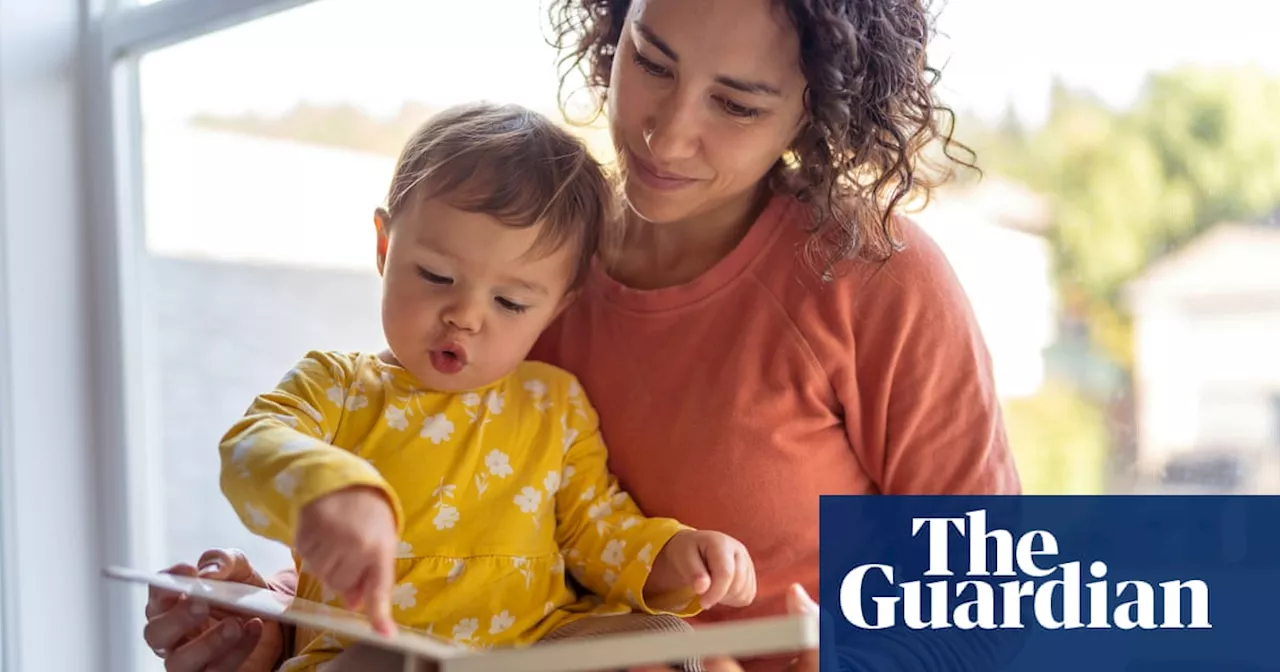This article delves into the phenomenon of infantile amnesia, exploring why we struggle to recall events from our earliest years. It examines the latest research on the biological and cultural factors contributing to this memory gap, including the role of the hippocampus, the influence of language, and the impact of cultural differences.
Memories emerge earlier in some cultures than others, but researchers have long puzzled over the inability to recall events before two or three years of age. It's a shame none of us recalls exactly how good we once had it. At Christmas, I watched my daughter, somehow already a toddler, being passed between her grandfathers and thought, wistfully: she won’t remember any of this.
In parks, I push her endlessly on swings, making small talk with fellow parents who have been yoked into Sisyphean servitude, and think, ruefully: In 1905, Sigmund Freud coined the term “infantile amnesia”, referring to “the peculiar amnesia which, in the case of most people, though by no means all, hides the earliest beginnings of their childhood”. More than a century later, psychologists are still intrigued by why we can’t remember our earliest experiences. “Most adults do not have memories before two to three years of age,” says Prof Qi Wang at Cornell University. Up until about age seven, memories of childhood are typically patchy. Studies in the 1980s showed that toddlers as young as two can form memories and recall events from months earlier in great detail. Exposure to trauma is also well documented to increase the risk of later anxiety and depression. The paradox of infantile amnesia, says Cristina Alberini, a professor of neural science at New York University, is “how is it that those experiences affect our life forever if they are forgotten?” Research in animals has found that memories formed during the infantile amnesia period are, in fact, stored in the brain until adulthood, even though they aren’t consciously remembered. In both animal and human adults, forming and storing long-term memories about one’s life experiences isn’t possible without a region of the brain known as the hippocampus. The hippocampus has shown that the region is also important in early memories and suggests that infantile amnesia occurs because of a critical period where the hippocampus develops due to new experiences. “It makes a lot of sense with all the literature of trauma,” she says. “If the children are learning difficult situations in early childhood, maybe they don’t remember the specifics, but their brains are going to be shaped according to that experience.” Differing experiences may also explain why the age at which people recall their first memories varies significantly. Wang, an expert in how culture affects autobiographical memory, has shown that the age at which people first remember something dates from an age of about 3.5 years, almost six months younger than in Chinese people. The American memories tended to be more self-focused and emotionally elaborate, while the Chinese recollections tended to centre on collective activities and general routines, she found. “In the Asian context, identity and sense of self is less defined by being unique, but about your roles and your relationship with others,” Wang says. To that end, memories may be less important for defining identity than for informing behaviour and imparting lessons. “If you want to use memory to construct a unique sense of identity, you probably remember a lot of idiosyncratic details,” Wang says. Another explanation for the discrepancy seems to be how parents discuss past experiences with their children. In New Zealand Māori, first memories appear earlier than in those of a European background, at about 2.5 years old. Prof Elaine Reese at the University of Otago, who studies autobiographical memory in children and adolescents, points to a strong emphasis on oral traditions in Māori culture but also Reese has tracked groups of children from toddlerhood to adolescence, finding that individuals who had richer narrative environments in childhood could recall more events as teenagers. This was the case for children whose mothers asked open-ended questions and were more detailed when talking about “We know that from the time are, say, six-month-old babies, they’re capable of some kind of mental imagery of something that happened from the previous day or week,” Reese says. “It’s taking that mental image and describing it in words that I think is so important for helping them to hold on to that memory over a lifetime.” Our Australian afternoon update breaks down the key stories of the day, telling you what’s happening and why it matters creating “core memories” , the early events that children retain can be surprisingly mundane – “things that most parents would never reminisce elaboratively about”, Reese says. “The classic example from my own research is a child who remembers seeing a worm on the footpath one time.” There is debate between memory experts as to the role of language in infantile amnesia. Human researchers suggest memories may be limited by an inability to give language to early experiences
INFANTILE AMNESIA MEMORY HIPPOCAMPUS LANGUAGE CULTURE CHILD DEVELOPMENT
Australia Latest News, Australia Headlines
Similar News:You can also read news stories similar to this one that we have collected from other news sources.
 Rachael's Brain Reboot: Navigating the Mystery of Functional Neurological DisorderRachael Dodd's sudden onset of neurological symptoms, initially misdiagnosed, reveals the complexities of Functional Neurological Disorder (FND). This condition, affecting primarily women, causes unexplained physical symptoms like seizures, movement disorders, and sensory loss, without any visible brain damage. While FND remains under-researched, advancements in understanding and tailored interventions offer hope for patients like Rachael to regain control of their lives.
Rachael's Brain Reboot: Navigating the Mystery of Functional Neurological DisorderRachael Dodd's sudden onset of neurological symptoms, initially misdiagnosed, reveals the complexities of Functional Neurological Disorder (FND). This condition, affecting primarily women, causes unexplained physical symptoms like seizures, movement disorders, and sensory loss, without any visible brain damage. While FND remains under-researched, advancements in understanding and tailored interventions offer hope for patients like Rachael to regain control of their lives.
Read more »
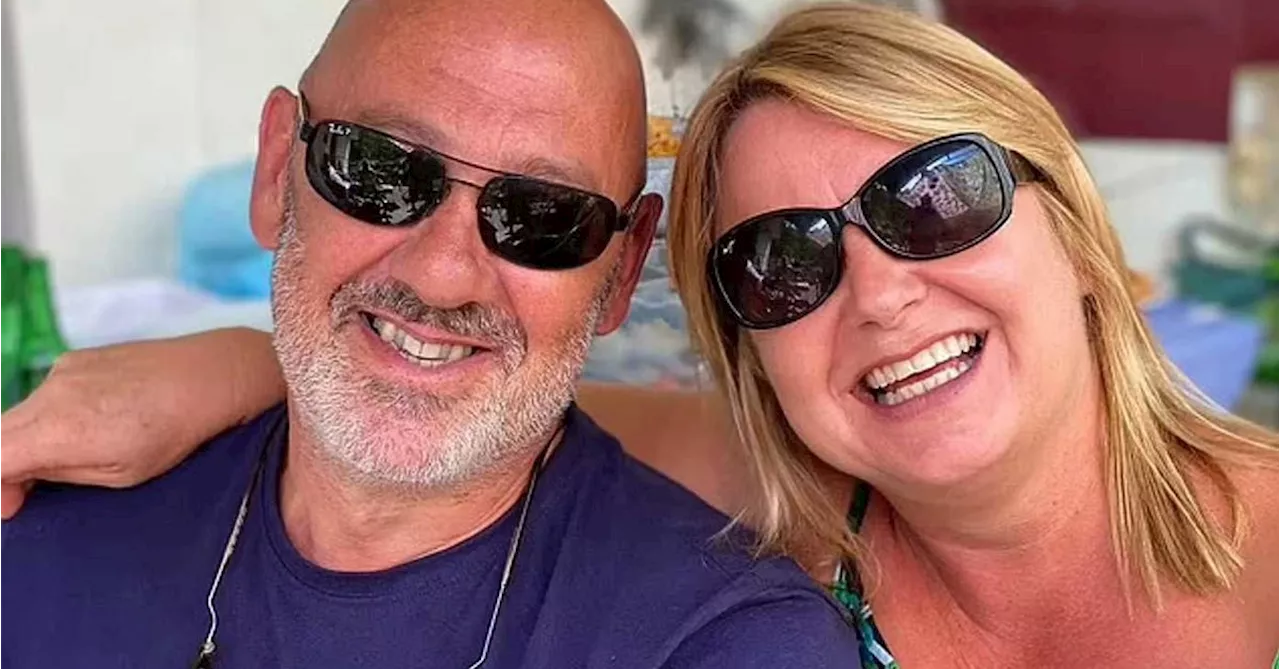 What happened to British couple still a mystery after cause of death revealedFrench police say they are still investigating the deaths of a British couple whose bodies were found at their rural farmhouse last week, and that "all hypotheses remain open".
What happened to British couple still a mystery after cause of death revealedFrench police say they are still investigating the deaths of a British couple whose bodies were found at their rural farmhouse last week, and that "all hypotheses remain open".
Read more »
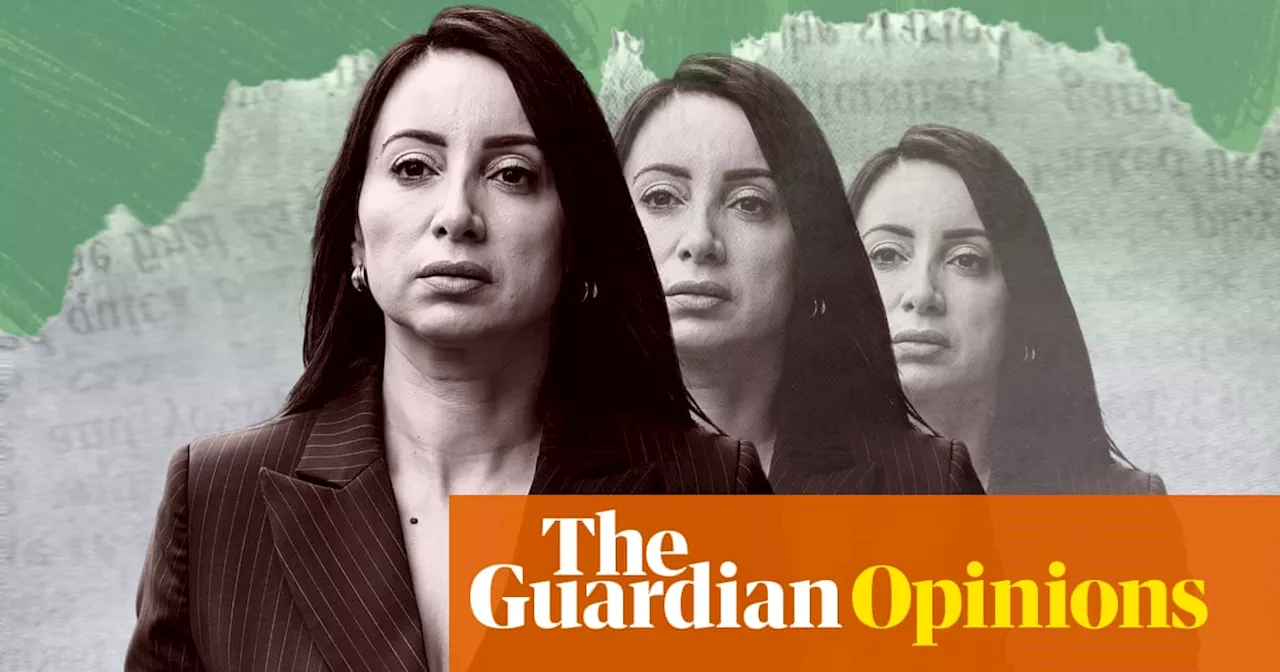 ABC Radio Host Fired Over Israel-Gaza Conflict Views, Leaked Story Sparks MysteryJournalist Antoinette Lattouf was dismissed from hosting ABC Radio’s Sydney Mornings program in December 2023 after complaints about her views on the Israel-Gaza conflict. A leaked story about her sacking before she even reached home raised questions about internal leaks at the ABC, with senior staff denying involvement. The case also sparked debate about media coverage and the ethical considerations of reporting on personal matters.
ABC Radio Host Fired Over Israel-Gaza Conflict Views, Leaked Story Sparks MysteryJournalist Antoinette Lattouf was dismissed from hosting ABC Radio’s Sydney Mornings program in December 2023 after complaints about her views on the Israel-Gaza conflict. A leaked story about her sacking before she even reached home raised questions about internal leaks at the ABC, with senior staff denying involvement. The case also sparked debate about media coverage and the ethical considerations of reporting on personal matters.
Read more »
 Unsolved mystery: who leaked Antoinette Lattouf’s sacking to The Australian?Journalist told court the News Corp-owned newspaper had the story live on its site before she had even made it home. Plus: anti-renewables billboard bust-up
Unsolved mystery: who leaked Antoinette Lattouf’s sacking to The Australian?Journalist told court the News Corp-owned newspaper had the story live on its site before she had even made it home. Plus: anti-renewables billboard bust-up
Read more »
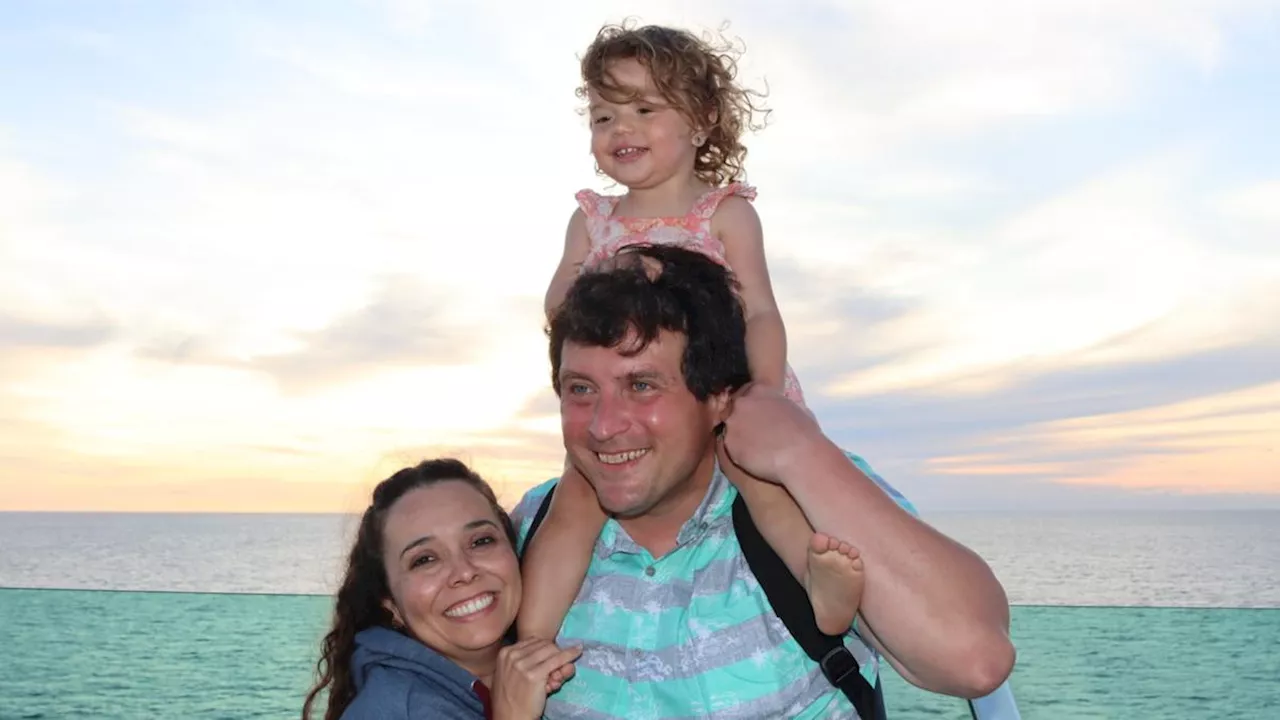 Eric & Thais Chrenowski: Bremer Bay family isolating with mystery illness after visit to Albany Health Campus7NEWS brings you the latest local news from Australia and around the world. Stay up to date with all of the breaking sport, politics, entertainment, finance, weather and business headlines. Today's news, live updates & all the latest breaking stories from 7NEWS.
Eric & Thais Chrenowski: Bremer Bay family isolating with mystery illness after visit to Albany Health Campus7NEWS brings you the latest local news from Australia and around the world. Stay up to date with all of the breaking sport, politics, entertainment, finance, weather and business headlines. Today's news, live updates & all the latest breaking stories from 7NEWS.
Read more »
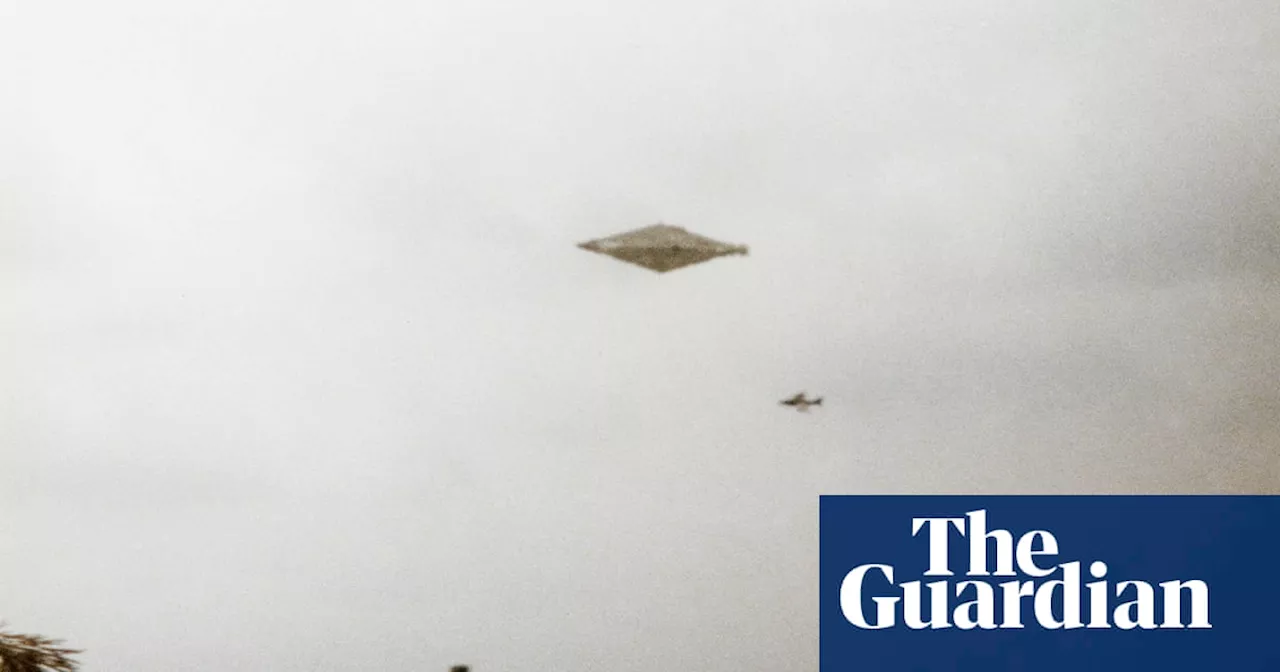 The Calvine UFO Case: A 32-Year MysteryIn 1990, two hikers in Scotland claimed to have seen a diamond-shaped UFO, which was then pursued by a Harrier jet. The incident, along with the accompanying photographs, sparked a decades-long investigation by the Ministry of Defence (MoD), leaving many questions unanswered.
The Calvine UFO Case: A 32-Year MysteryIn 1990, two hikers in Scotland claimed to have seen a diamond-shaped UFO, which was then pursued by a Harrier jet. The incident, along with the accompanying photographs, sparked a decades-long investigation by the Ministry of Defence (MoD), leaving many questions unanswered.
Read more »
